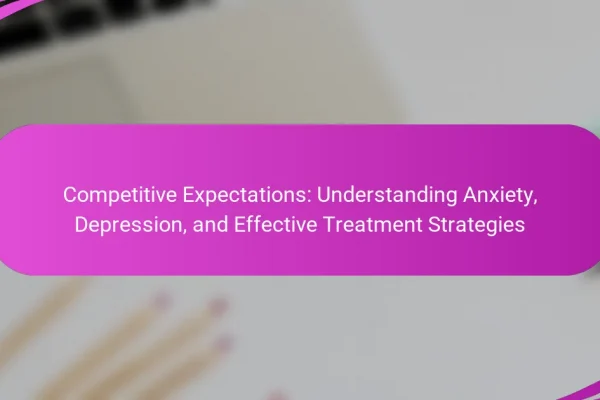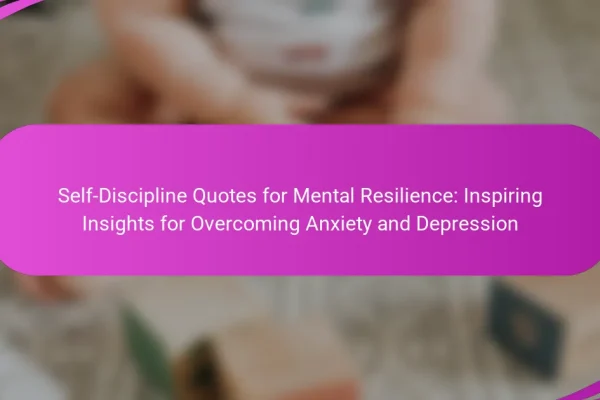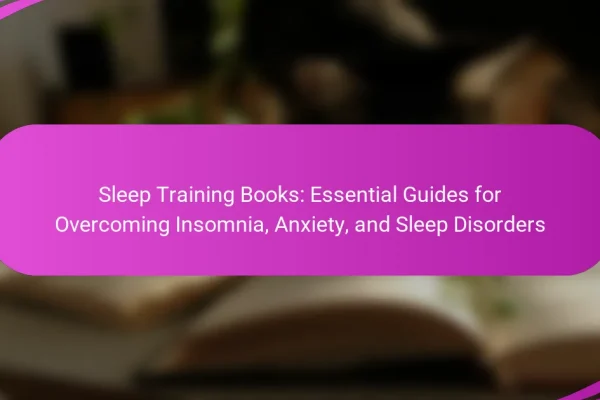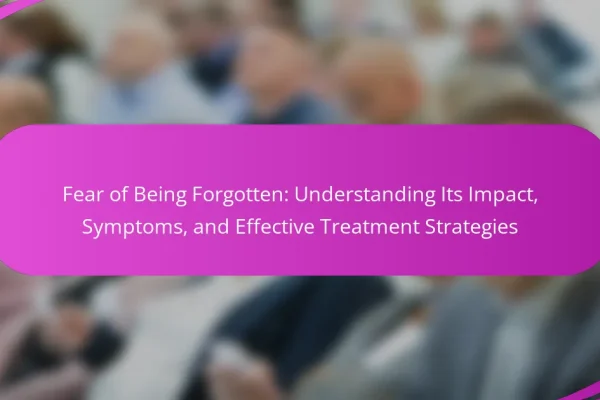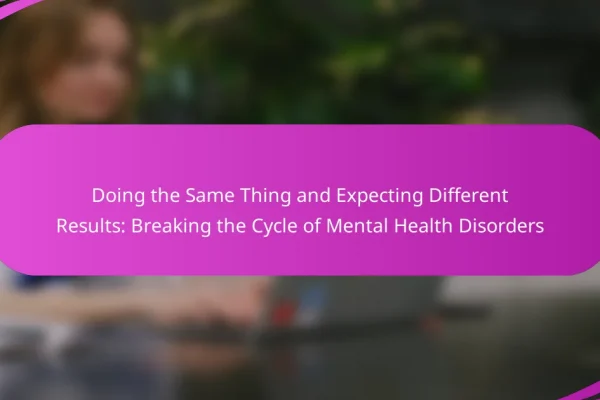
Doing the Same Thing and Expecting Different Results: Breaking the Cycle of Mental Health Disorders
Breaking the cycle of mental health disorders is crucial for achieving lasting well-being. This article explores the patterns of symptoms and behaviours, identifies effective treatment options, and highlights unique strategies for long-term change. It will discuss the importance of personalised plans, community support, and best practices to foster resilience and emotional health. Understanding these elements…


